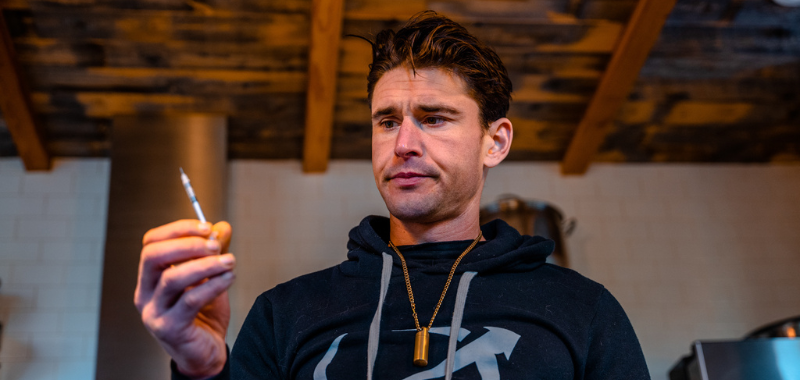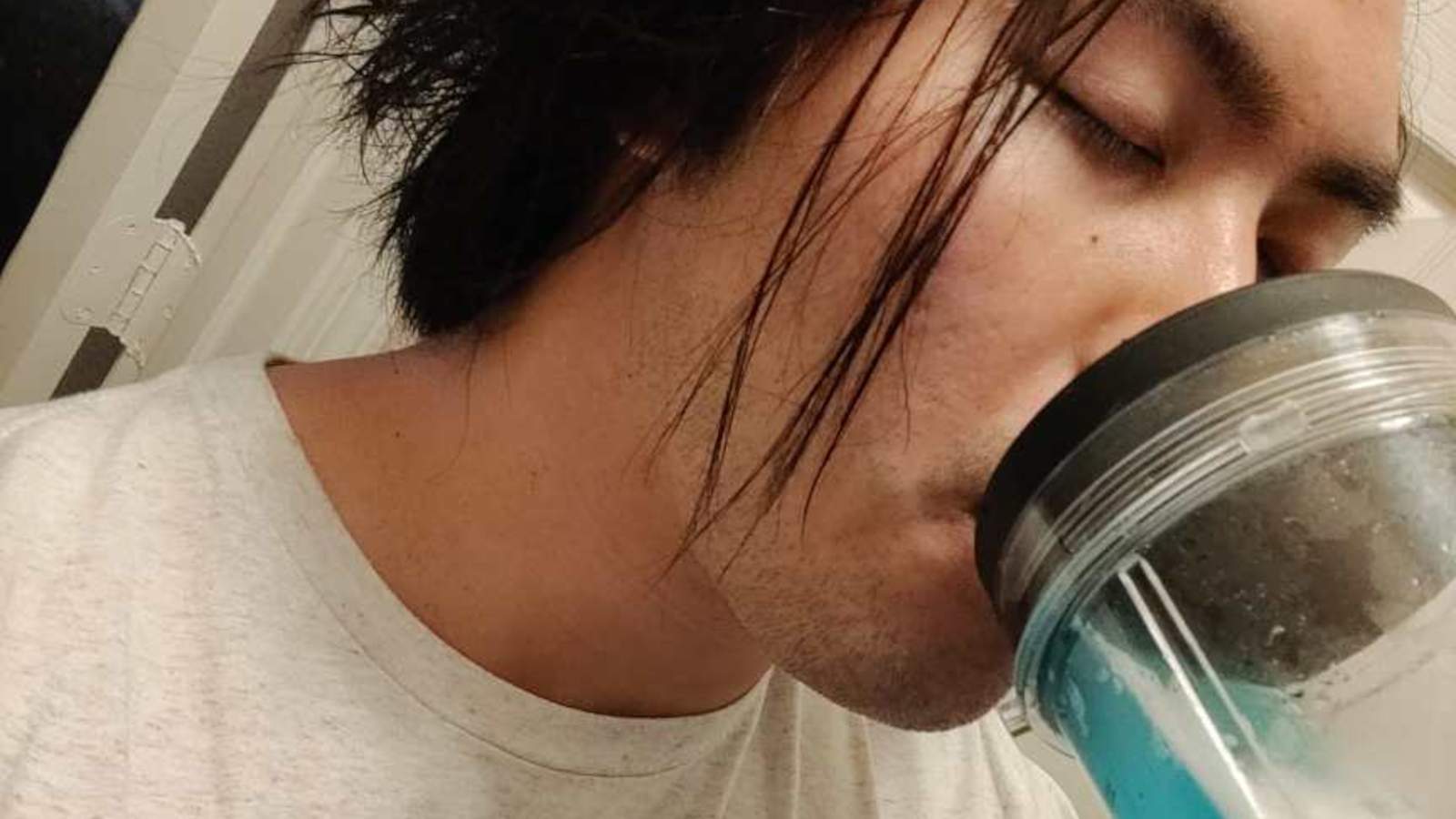More than a decade ago, I made a shift in the work I do because of one simple equation: There are more than 54 million Americans over 65 in the U.S., and only 7,000 geriatricians like me and Dr. Bill Thomas —medical doctors who specialize in treating older adults. (And only half of us practice full-time. ) The skewed ratio will only get worse as boomers transition to their later years, since geriatric training enrollment remains flat.
So more people than ever have questions about the common health challenges of late life,while reliable advice is hard to come by. The Internet may have made it easier for people to research their questions but the Internet has a geriatrics shortage too. Most health information online isn’t always quite (or at all!) what a geriatrician would say to an older adult, or their family.
This need gap is why I founded the website and podcast Better Health While Aging (BHWA). I knew people were searching online for accurate, practical answers about common age-related health challenges, and I wanted to make it easier for people to learn from what we know and do as geriatricians.
When people get worried about aging parents
Over the years running the site, I began to notice a growing theme: adult children seeing worrisome signs of decline in their parents, and aging parents who were resistant, private, or oblivious to the changes they seemed to be experiencing.
Increasingly, sons and daughters were reaching out to me – in the “comment” sections of articles, during my webinars, or by email – with concerns like these:
“My mom has been forgetful and is making mistakes with her bills, but she won’t see a doctor
and refuses to admit anything is wrong.”
“My dad keeps falling and I’m worried about him living alone but he won’t let me help him.”
“Help! My parents’ living situation has become really unsafe, but every suggestion I make to keep them safer is completely ignored and I’m at wit’s end.”
The tension is understandable. Parents and their children often have different priorities, goals, and perspectives on these types of situations. It’s not a life phase most of us (in either generation) likes to talk about, much less is prepared for in any meaningful way.
As a result, people often spend months or even years feeling like they’re going in circles with their aging parent. They may even be told by well-meaning friends – or even doctors! – that this is “normal aging” or that there is “nothing to do if the person doesn’t want help.”
But geriatricians know that this is not true. Signs of decline, cognitively and otherwise, should be investigated. And even if an older person seems to not want help, there are often thoughtful and respectful ways to offer assistance that can foster greater independence, and support an aging adult’s priorities.
Especially if an older person does appear to be losing their mental capacities, their families can, and should, be taught how and when to step in. In particular, families need guidance on recognizing signs of truly worrisome cognitive decline.
Because, if those signs are not present, then what families need most is support in reframing their role and realizing that they are not there to be their parent’s “keeper”.
Giving families access to a geriatrics approach that makes all the difference
As part of our training, geriatricians – and other eldercare experts — learn how to investigate and assist when there are signs of decline. Given that we can’t personally help most families in this situation, over the years I’ve used Better Health While Aging articles to help guide families through what can and should be done during this initial stage.
I wrote “When Your Aging Parent Needs Help: A geriatrician’s guide to memory loss, resistance, safety worries and more,” with my frequent collaborator Paula Spencer Scott, to provide a practical step-by-step resource that consolidates this information into one quick, convenient place.
Obviously, I can’t offer a cookie-cutter “what to do” plan because every situation is unique. My goal is to give families something more effective: A “how to do it” approach, based on what we do in geriatrics.
This means things like how to communicate best with an aging parent to understand where they’re coming from and what matters most to them. How to assess what the real cognitive issues at hand might be. How to effectively interact with the medical community to get the help your parent needs. How to overcome common obstacles and chart a course towards what fits best with a given situation.
And, how to think about safety versus autonomy, and what that means for an adult child’s role and responsibilities, in a crisis and over the long haul, to better support an older parent during this stage of life.
Letting go of unhelpful tropes about aging parents
It’s an approach that, by necessity,turns much ofthe conventional wisdom about how to help an older parent on its head. Consider these deeply-absorbed beliefs that I hear over and over from patients and readers—and why they’re untrue:
Adult children often believe their job is to keep their aging parent safe. But safety isn’t the only concern to factor in, and often isn’t the paramount one to an older adult. (Independence usually is.) There are ways to balance both generations’ desires.
They assume doctors will notice the problems and fix things. Sadly, it’s not unusual for doctors to chalk up changes to “getting old” or to miss behavioral symptoms that can’t be seen in an office visit. Adult children who are tactful and proactive partners, who know what questions to ask, can move needed healthcare along more quickly.
They think that if their parent is forgetful and resistant to help, “nothing can be done.” But, not all changes to memory and other thinking skills is Alzheimer’s or another dementia. And even if it is dementia, lots can be done to support them in living their best possible life, and there are respectful ways to work around resistance.
They’ve heard that declines are“normal aging,” and you just have to see what happens. This stems from the ageist belief that aging equals decline and loss of abilities. Yes, we should expect that most people will eventually experience some declines as they age. But if it’s affecting their ability to live independently and do their usual tasks, however, this should never be considered “normal.”
They see it as their job is to make everything better. This idea often stems from a place ofcaring, but it often causes unnecessary strife and stress. In truth, it’s often just not possible to solve every problem or make life perfect for an aging parent, much as everyone wishes they could. Adult children often provide better care to their parents – and themselves – when they reframe their job as providing emotional support and making a good effort to help.
By tapping into what we know and do in geriatrics, “a good effort” is more likely to bring about meaningful changes that truly support an aging parent. It’s my goal to help as many people as possible get past the misconceptions and frictions that so often trip up families—and fracture family peace—by bringing this geriatrics approach right into their homes.
Related Posts
#Challenged #Conventional #Wisdom #Aging #Parents

























